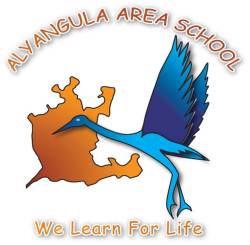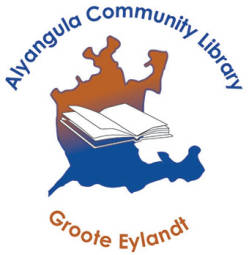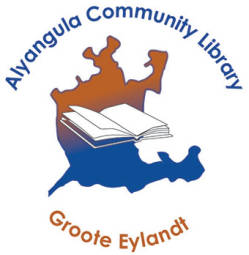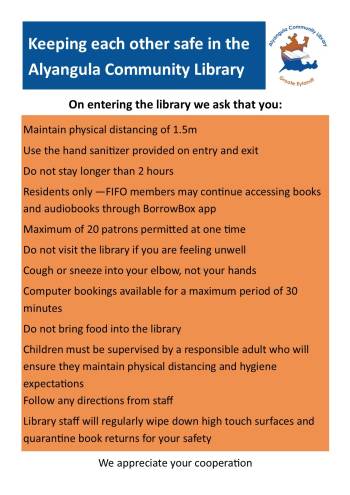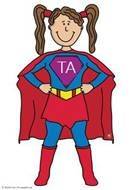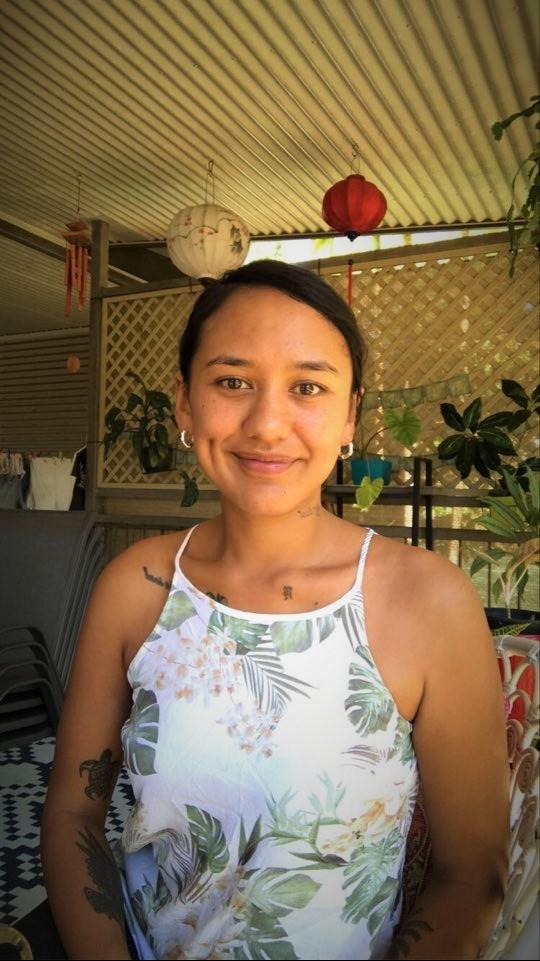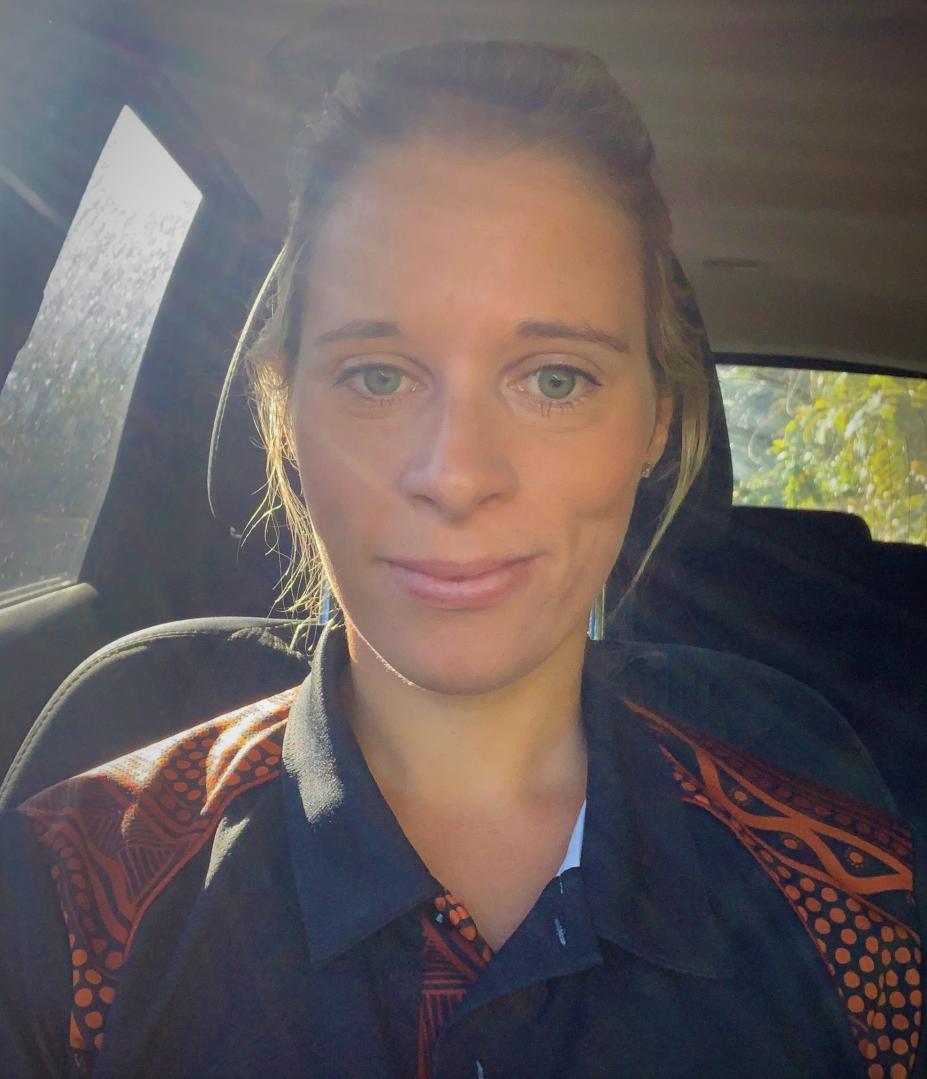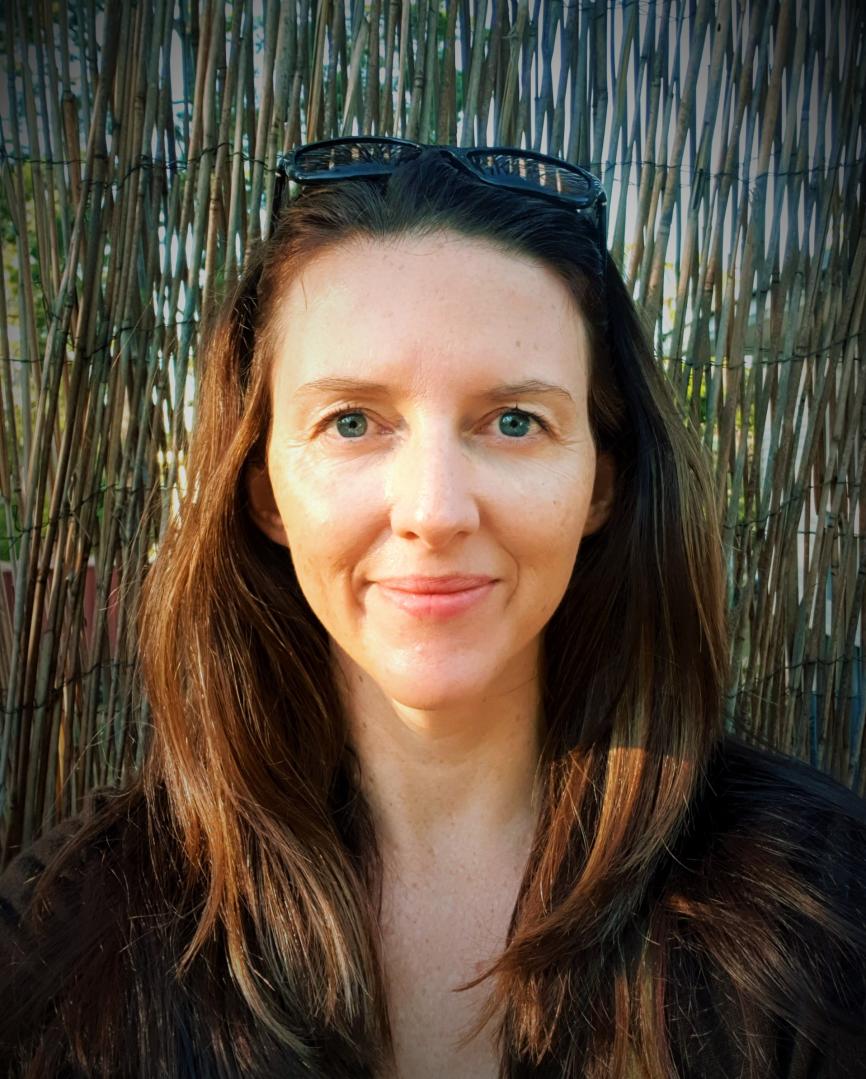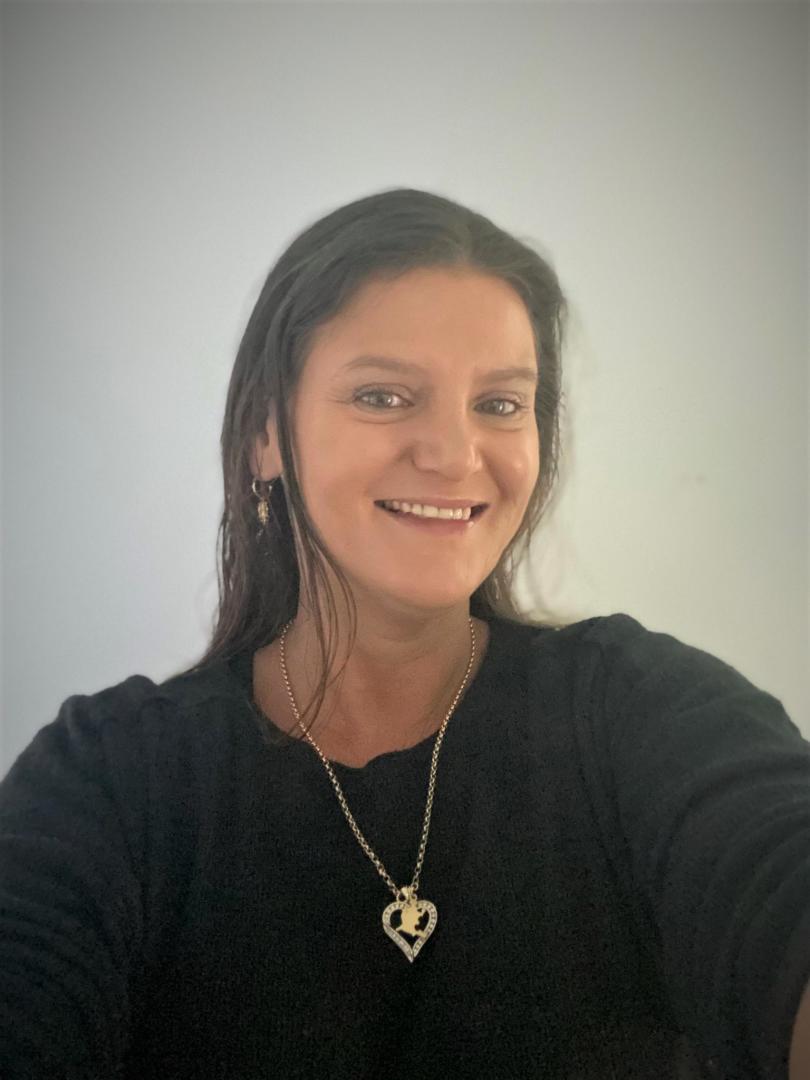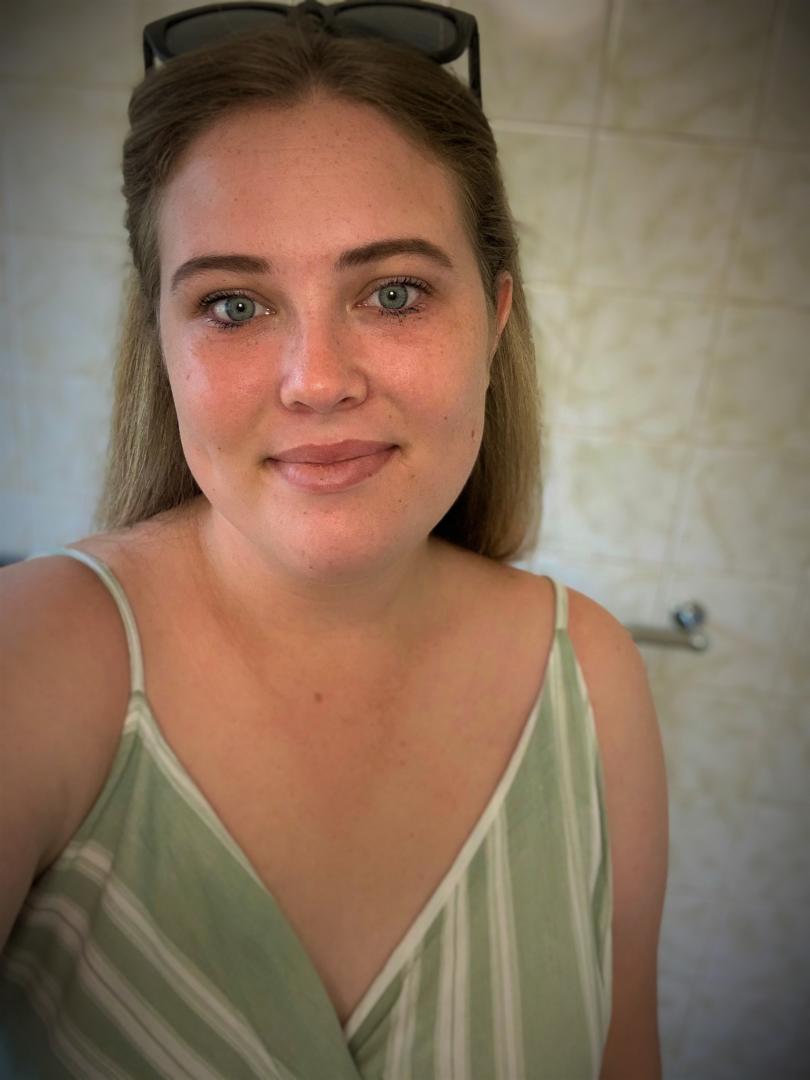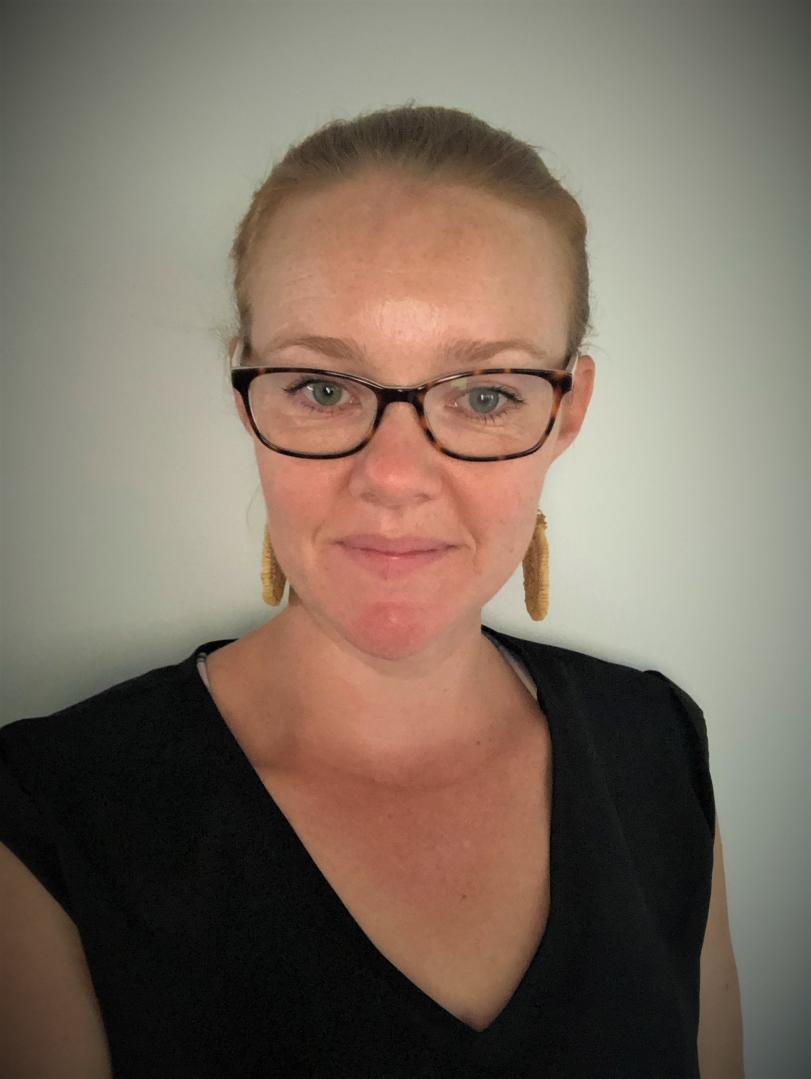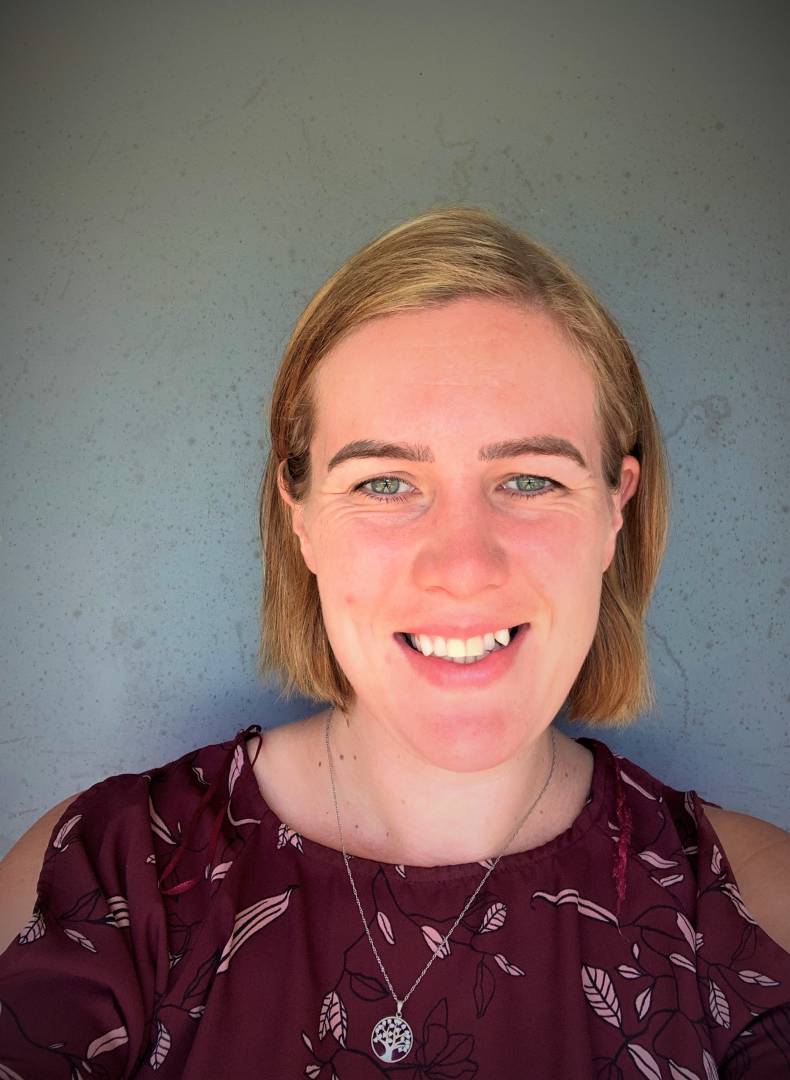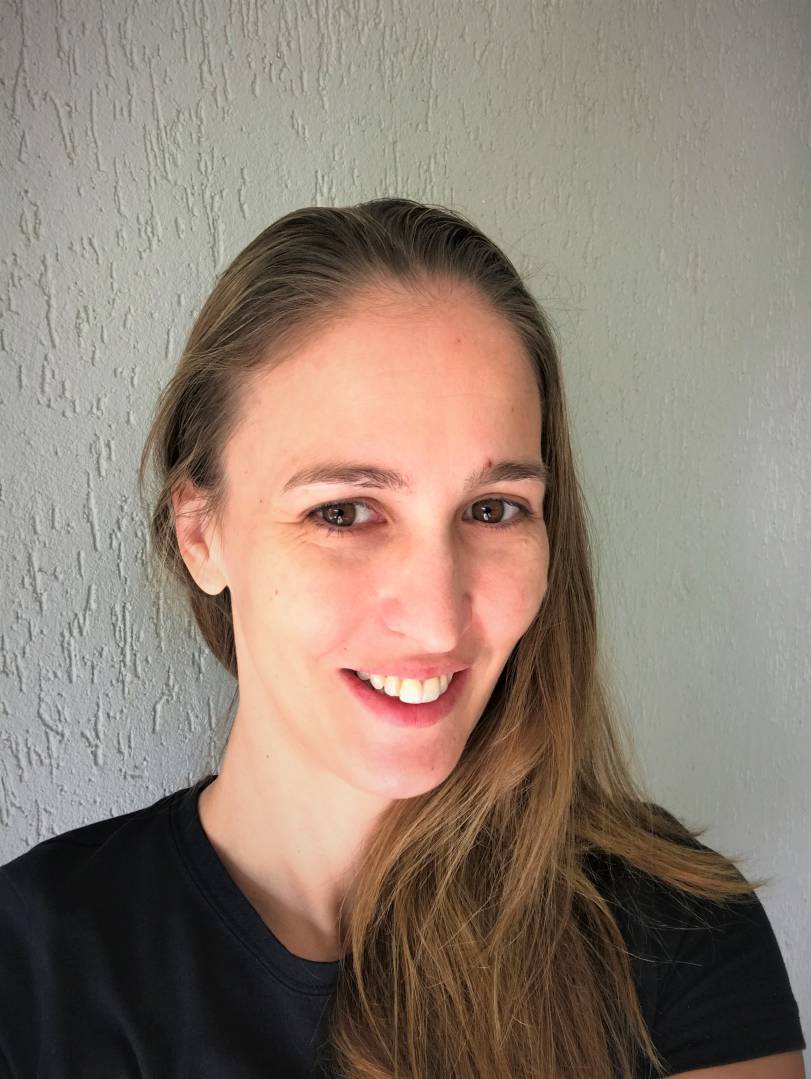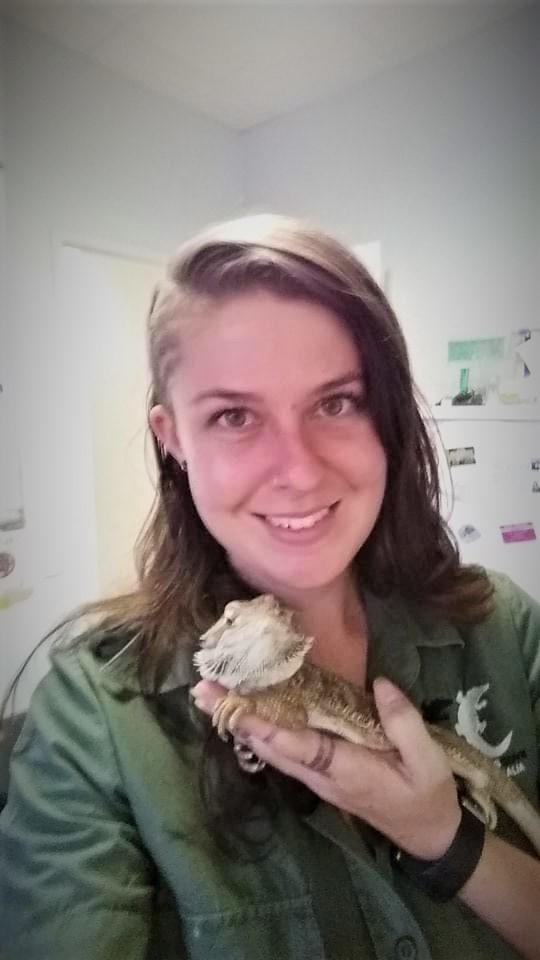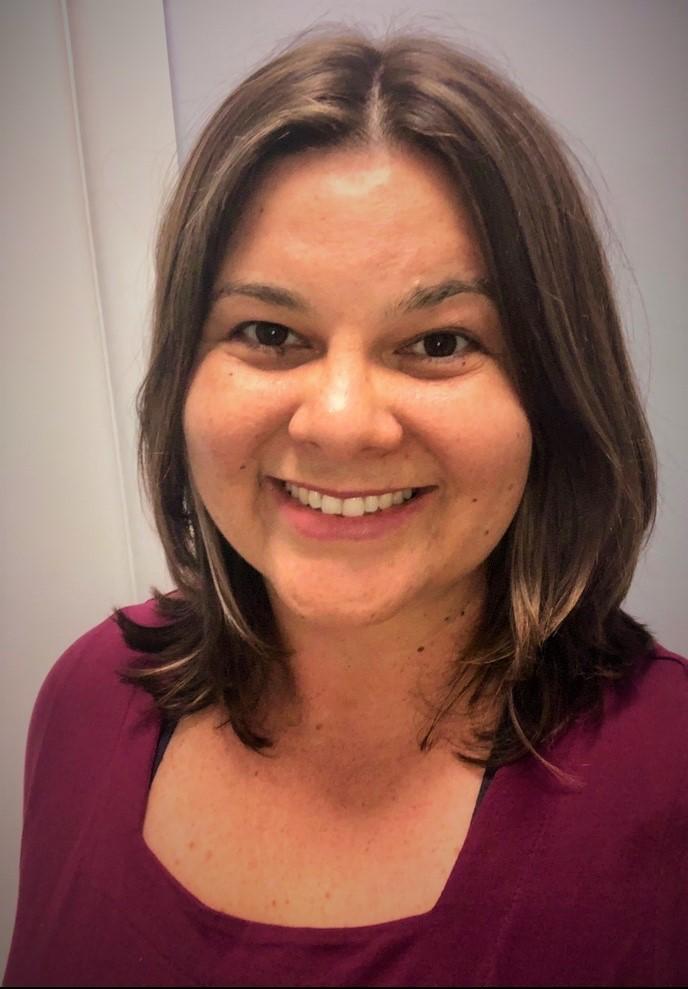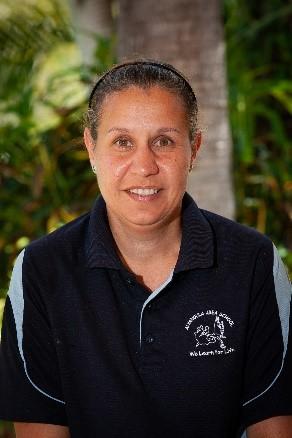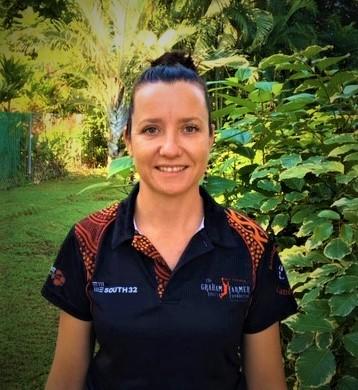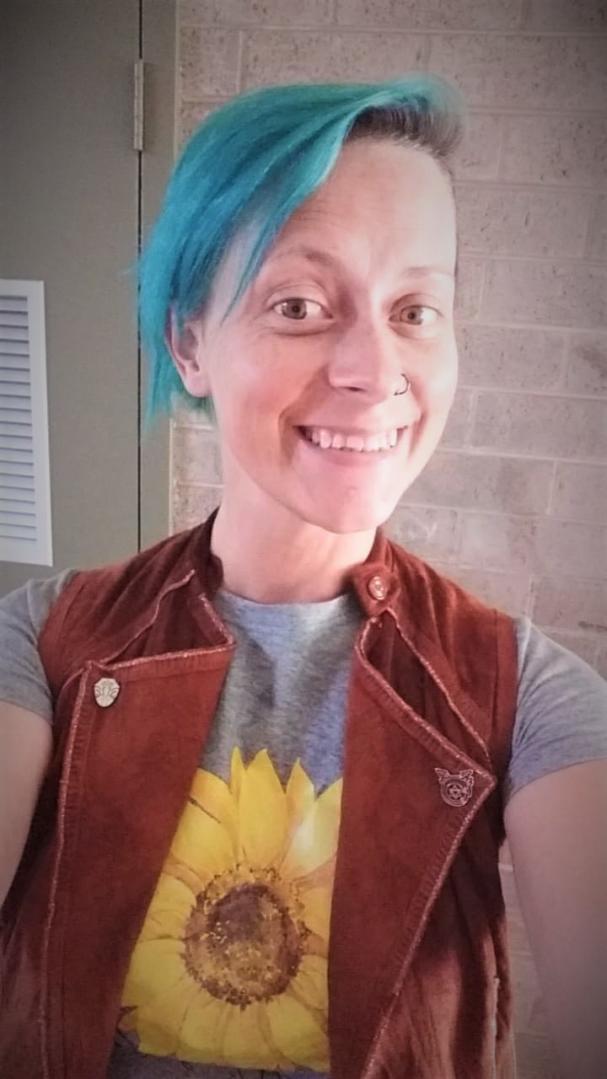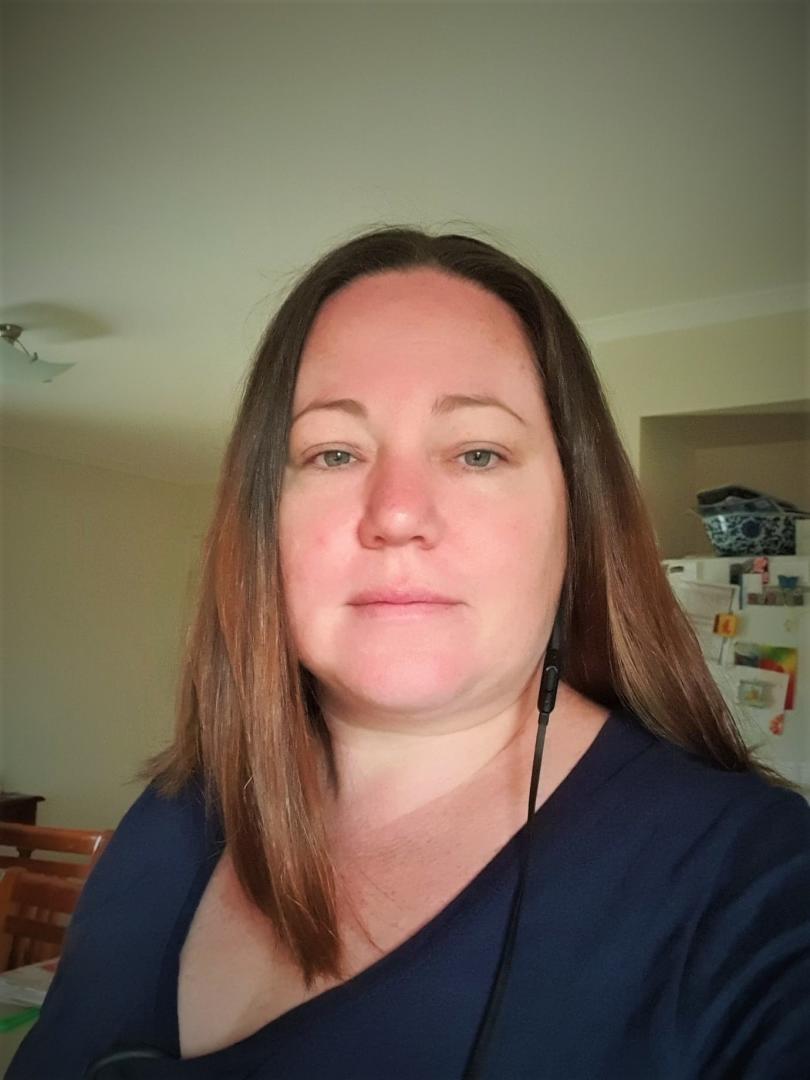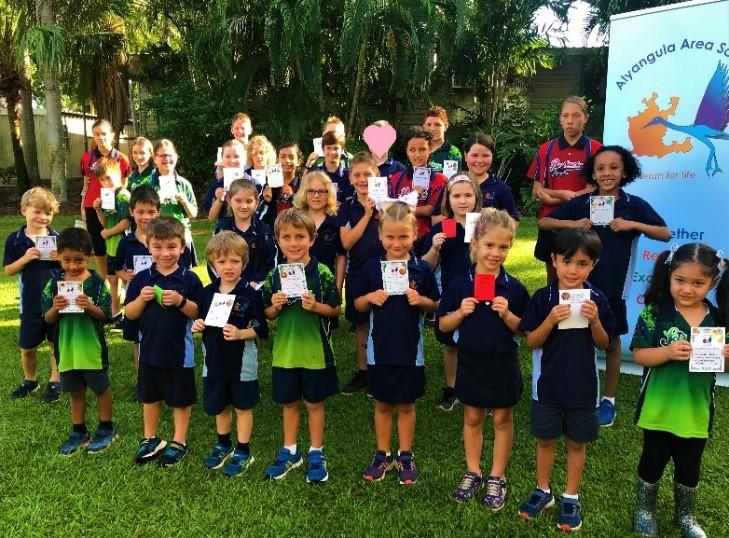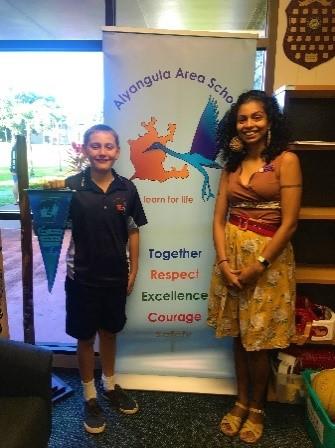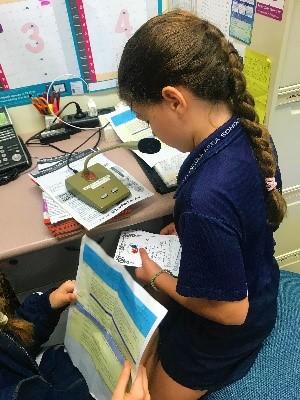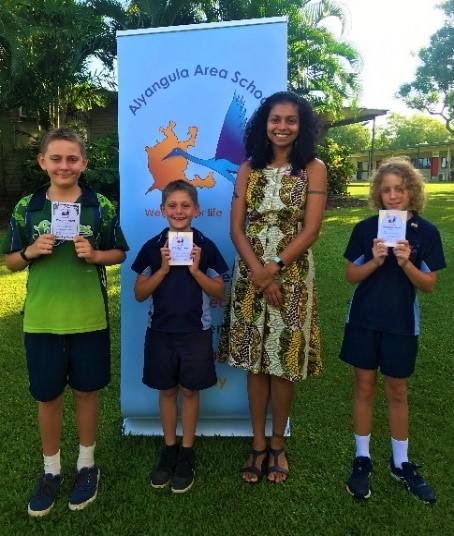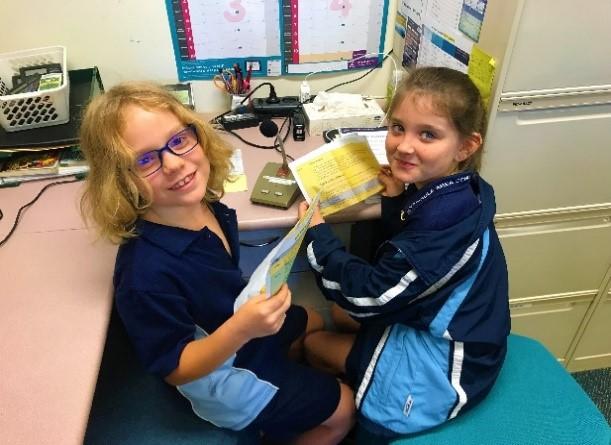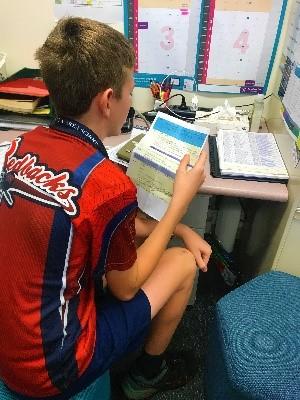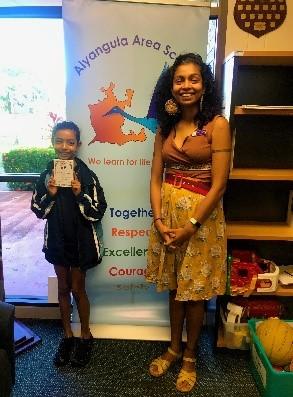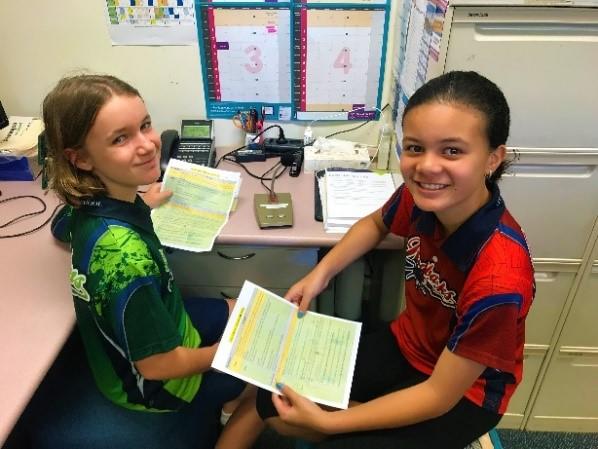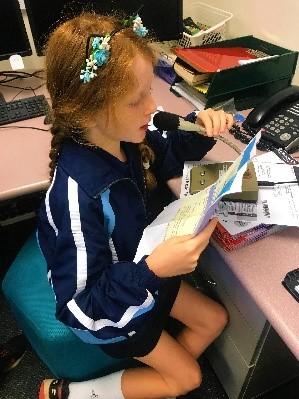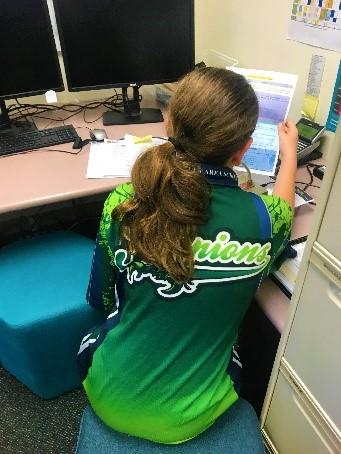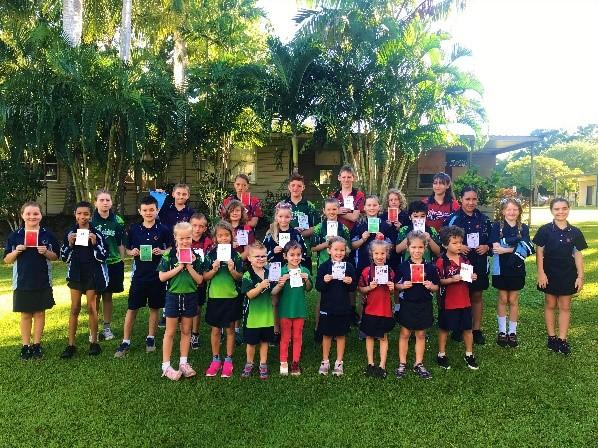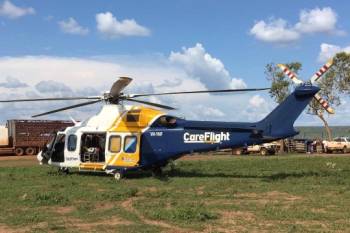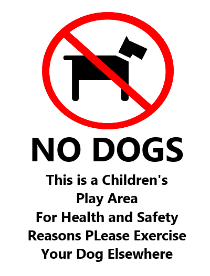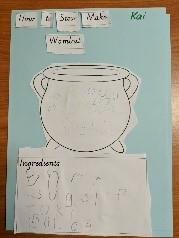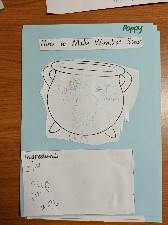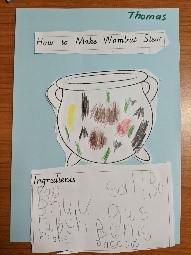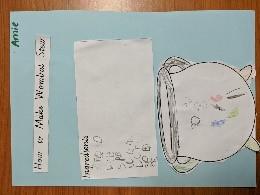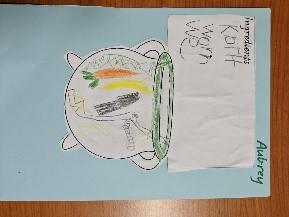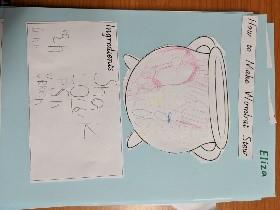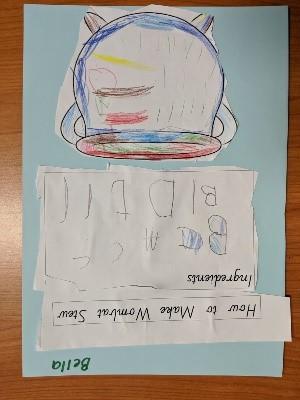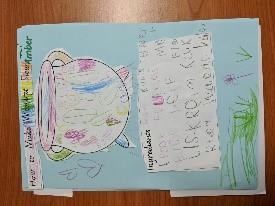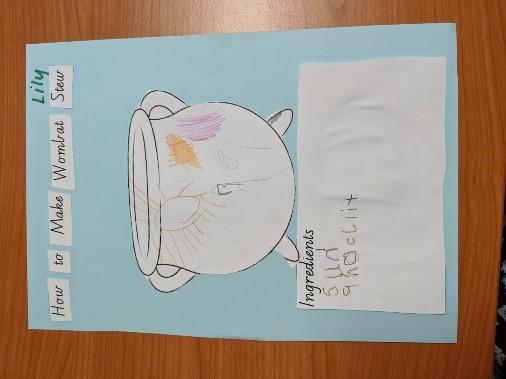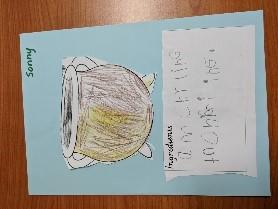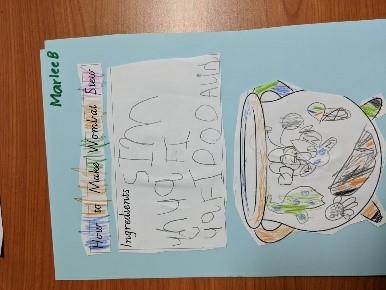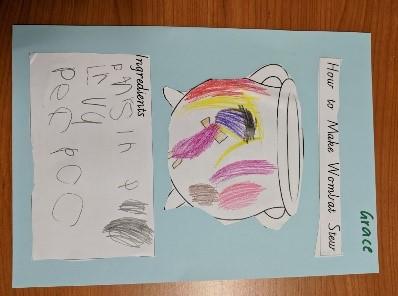What is gastroenteritis and what are the symptoms?
Gastroenteritis, or ‘gastro’, is an illness caused by infection and/or inflammation of the digestive tract. It is characterised by nausea, vomiting, diarrhoea and/or stomach cramps. Other symptoms may include fever, headache, blood or pus in the faeces, loss of appetite, bloating, lethargy and body aches.
The illness is usually self-limiting and resolves in a few days.
What are the causes?
There are many causes of gastroenteritis including: bacteria (e.g. Salmonella, Campylobacter, Shigella, Yersinia); viruses (e.g. rotavirus, norovirus); parasites (e.g. Cryptosporidium, Giardia); and bacterial toxins (e.g. from Staphylococcal bacteria).
Some antibiotics can also cause gastroenteritis in susceptible people.
It is often possible to identify the cause of gastroenteritis by testing a stool (ie poo sample) or less commonly, a vomit sample. The time from contact with the bacteria or the virus and the development of symptoms is usually about 1–3 days. Parasitic infections often take longer, while cases caused by a toxin usually become unwell within a few hours, depending on the type of toxin.
How is it spread?
Infectious gastroenteritis is spread by eating food or drinking water that has been contaminated by vomit or faeces from infected animals or people.
It can also be acquired by handling contaminated objects or surfaces and then with unwashed hands touching your lips or mouth or eating hand held food.
Gastroenteritis caused by a toxin is acquired by eating or drinking something that has the toxin in it. This type does not get spread person-to person but can happen to a group of people at the same time if they all consume the same toxin-containing item.
How long are cases infectious?
The infectious period is dependent upon the organism responsible. People are more infectious when diarrhoea is present but can still be infectious after symptoms have passed. Some people and animals can carry the germs that cause gastroenteritis in their faeces without having any symptoms. These people and animals can still pass the illness on to others.
Who is at risk?
Anyone can get gastroenteritis. The very young and the elderly are most at risk of developing severe dehydration. Travelers to areas with inadequately treated water, especially visitors to developing countries may become ill from drinking contaminated water or eating food washed with contaminated water.
What is the treatment?
The most important part of treatment is preventing and treating dehydration. Anyone with diarrhoea or vomiting should drink extra fluids to avoid dehydration. Rehydration therapy with oral glucose/electrolyte solution is particularly effective.
Do not give sports drinks, Lucozade or undiluted cordial or juice. Children who refuse rehydration therapy can be offered diluted fruit juice or soft drink (for every 1 part of juice add 4 parts of water, e.g. 20mL juice/80mL water).
Babies should continue to be offered their normal feeds plus extra fluids in between feeds. Children with diarrhoea who vomit or who refuse extra fluids should see a doctor. Anyone with prolonged or severe diarrhoea, or who has symptoms causing concern, should see a doctor. Sometimes specific medications are required to treat gastroenteritis caused by bacteria, viruses or parasites. Medicines to prevent vomiting or diarrhoea should not be given, especially to children, except when prescribed by a doctor. If symptoms are severe or prolonged, seek medical help.
How can gastroenteritis be prevented?
Good hygiene is important in limiting the spread of gastroenteritis. Hands should be washed thoroughly with warm soapy water, particularly:
· After going to the toilet
· Before preparing or handling food and immediately after handling raw meat
· After every nappy change
· After changing soiled linen.
Other measures include:
· Never change nappies on tables or counters where food is prepared or eaten
· Clean contaminated surfaces thoroughly using a chlorine-based steriliser in accordance with the manufacturer’s recommendations.
· In the kitchen: cook meat, fish and poultry thoroughly and do not let raw meat contaminate other food
· Raw foods require separate cutting boards, knives and plates and are to be kept separate from ready-to-eat-foods
· Keep cold food cold (below 5°C) and hot food hot (above 60°C) to discourage bacterial growth
· People with vomiting or diarrhoea should not prepare or handle food that will be eaten by others.
When travelling in areas where there are concerns about the safety of the water supply, do not drink tap water. Avoid uncooked or undercooked food and be sure to eat only fruit or vegetables that can be peeled. Before travelling overseas, talk to your GP – vaccines are available to prevent life-threatening diseases such as typhoid, cholera and hepatitis A.
Health care workers and food handlers should not go back to work until 48 hours after diarrhoea and vomiting have ceased. Children should be excluded from childcare/school until 24 hours after their last loose bowel motion or episode of vomiting. Anyone with diarrhoea should not swim, wade or paddle in public pools.
Should I contact my doctor?
Children with diarrhoea, who vomit or who refuse extra fluids should see a doctor.
Additionally, anyone with the following should also see a doctor:
· Prolonged (>3 days) or severe diarrhoea
· Blood in their stools
· Returned overseas travellers with diarrhoea
· People concerned about their symptoms.
Doctors and public health workers are interested in preventing outbreaks of diarrhoea. If there are
2 or more cases of gastroenteritis in a group, these cases should be reported to the local Centre for Disease Control.
For more information contact the Centre for Disease Control in your region
Alice Springs 8951 7540
Darwin 8922 8044
Katherine 8973 9049
Nhulunbuy 8987 0357
Tennant Creek 8962 4259
https://health.nt.gov.au/professionals/centre-for-disease-control/cdc-contacts
